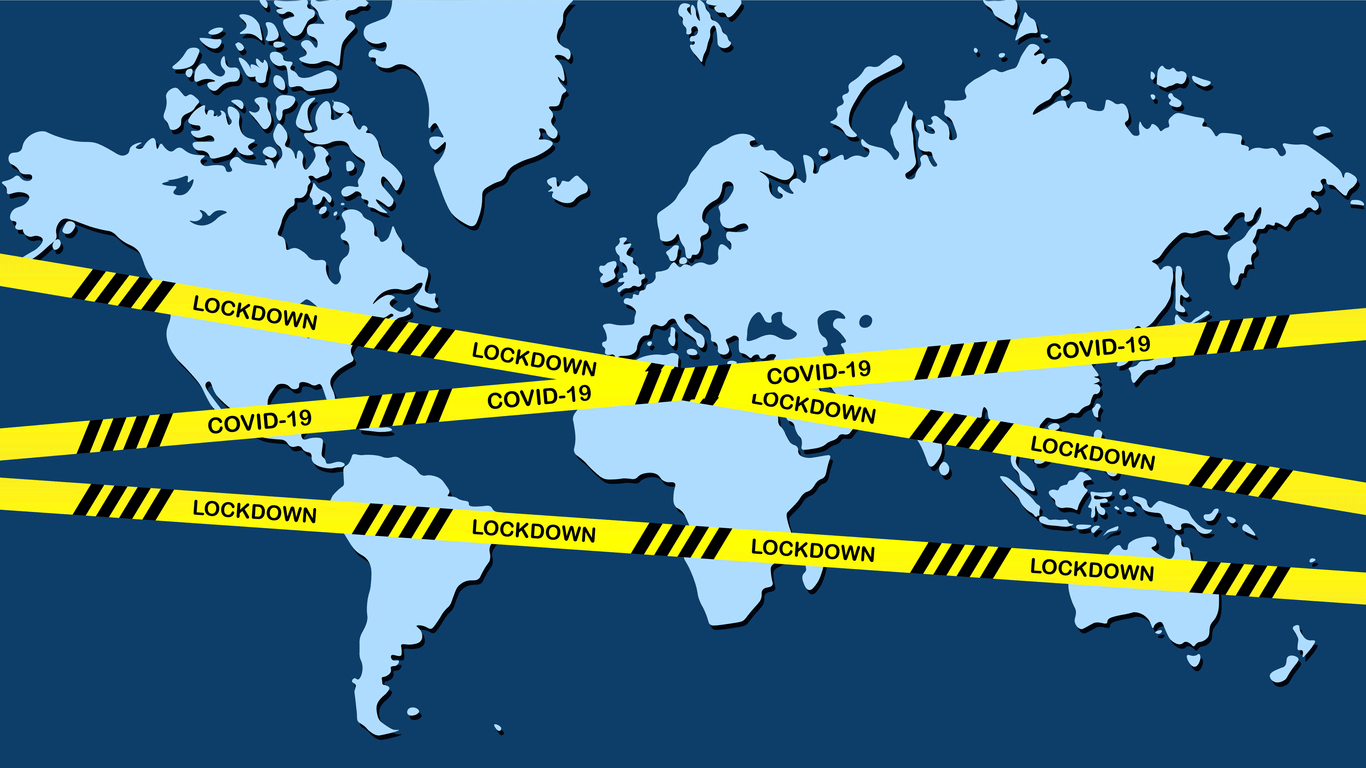
I propose that there are similarities between terrorism incidents and pandemics.
Both of these systemic risks impact international travel, close borders and cause economic harm by shutting down businesses.
Both of these systemic risks terrorise the community, and as individuals we don’t know when it will strike, and we fear its personal impact upon us.
FAILURE OF THE SECURITY ENVIRONMENT
My colleague Gordon Woo at RMS describes often terrorism reinsurance schemes as 'insurance against the failure of the security environment'.
Ultimately, terrorism pools are the insurance against a terrorist attack.
The impact of an attack is influenced by the negative drivers of terrorism such as social disadvantage and unrest but also the risk mitigation features of the security environment which prevents these events from occurring.
RISK MITIGATION WORKS
For example, In Australia, we have had 18 foiled attacks since 2014, which shows that risk mitigation through the security environment works.
The same applies for the pandemic.
We have health and social disadvantage that can drive pandemic outbreaks, but the health security environment helps to mitigate pandemic risk by identifying (through testing) and controlling the spread of disease (through contact tracing and hopefully vaccines).
I think there are strong shared themes between pandemic and terrorism with regard to their terrorising effect on society, the economic harm caused, and that these impacts are influenced by the health and security environments.
Therefore, a declared pandemic is similar in process to a declared terrorist incident. Both can be declared. Both have aspects of social disruption and risk mitigation through government.
PUBLIC PRIVATE PARTNERSHIPS
Importantly, they both suit public private risk sharing mechanisms.
A public/private pool for pandemic (and other systemic risks) could help support the reputation of the insurance industry by helping it to remain relevant to our society.
We are seeing pandemic risk excluded from insurance policies, it is becoming an excluded peril much like terrorism.
It is a challenge for the insurance industry to protect its capital through excluding systemic risks but to provide value to customers who need cover.
The important focus on testing the effectiveness of pandemic exclusions needs to be balanced with other solutions to address the risk so that the insurance industry remains relevant.
REPUTATIONAL IMPACTS
I worry about the reputational impacts to the insurance industry.
Insurers do not have the capital to cover pandemic risk, but it could be confusing for policyholders and having a risk transfer process can only help to build the importance and value of private insurance.
Terrorism pools could be repurposed for pandemic or other systemic risks.
A terrorism and pandemic scheme could provide certainty to policyholders that cover will be provided and it would be beneficial to the insurance industry so long as there is also risk transfer. Such a scheme would mean that insurance is relevant during a pandemic.
It would also encourage businesses to buy insurance.
CHALLENGES TO OVERCOME
But there remain many challenges in providing pooled cover for pandemic.
The biggest problem with insuring pandemic is the rapid speed and the massive scale of the financial response that is needed.
Many schemes have state guarantees that would be inadequate for the sheer scale of pandemic.
Governments have quite rightly focused on providing fiscal stimulus for pandemic relief measures to save jobs and businesses, these have included subsidies to businesses and unemployed.
An effective pandemic business interruption response ideally would target small business, have a time limited duration, and be simple or front-end paid.
A traditional business interruption insurance payment after the event will not deliver the support needed. A targeted, fast and simple defined benefit for pandemic peril would target the support where it is needed most.
LIMITED APPETITE
Reinsurers have limited appetite for terrorism, and it is beneficial for them to participate in the retrocession reinsurance programs run by pools. The pools offer reinsurers a homogenous pool of risks and allows them to participate and limit their exposure to each country. The same could apply to pandemic risk.
In a pandemic pool, I expect there would also be limited retrocession appetite.
However, pools enable reinsurers to choose to deploy their scarce capital to geographic regions and to limit their capacity.
This limiting of capacity by size and region should enable a reinsurer to still participate in a limited way in supporting future pandemic pools which still diversifies their risk. Not every country experiences the pandemic in the same way.
A VALUABLE CONTRIBUTION
The relationships and infrastructure of terrorism pools are very valuable to our societies.
Pools have relationships with government, or often are a part of government. Pools have existing people, systems and processes that can be deployed in a crisis to other systemic risks.
Pools support the pooling of risk, bringing about community rating where risk rating makes premiums unaffordable for customers.
Pool retrocession programs also protect taxpayers and engage the private reinsurance industry in participation and capacity.
COMPENSATION FOR GOVERNMENT
And finally, governments are often compensated for their risk bearing roles through the pools.
In conclusion, terrorism pools play an important public/private role and can extend the reinsurance sector into risk areas that are either uninsurable or unaffordable and where reinsurers may otherwise not be able to price or cover.
So the pool can reinforce the re.

Comments
Remove Comment
Are you sure you want to delete your comment?
This cannot be undone.